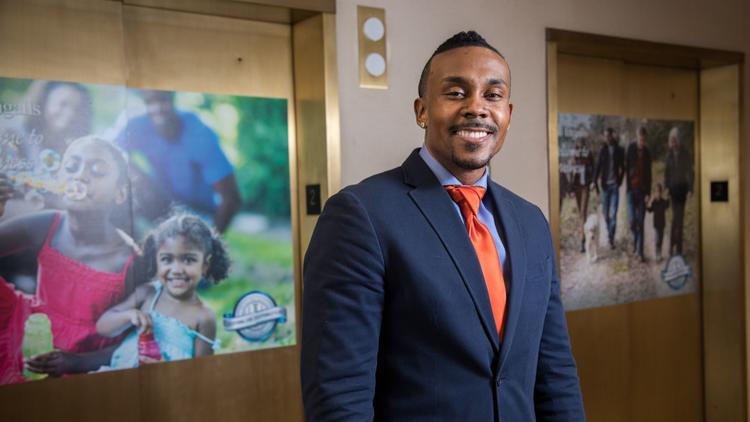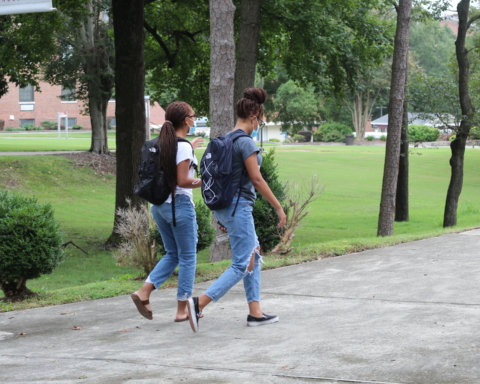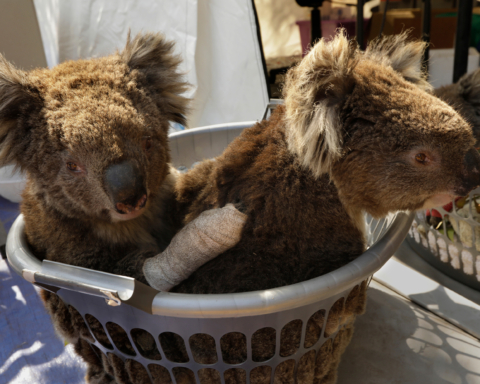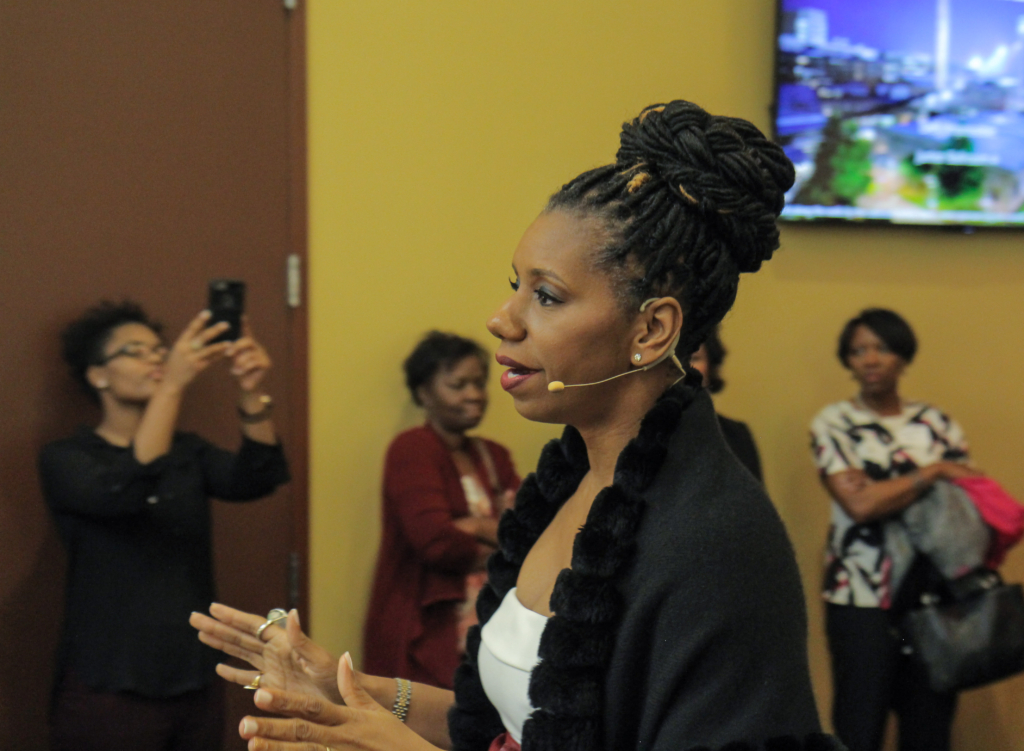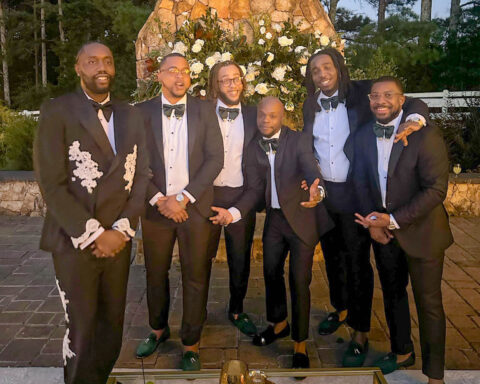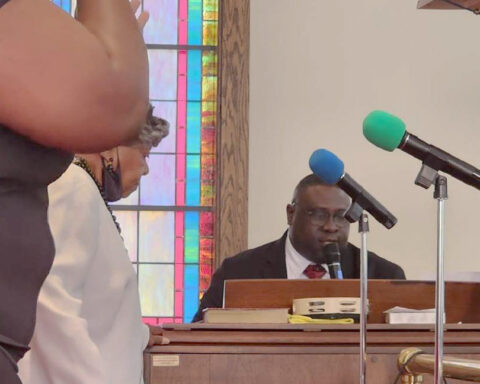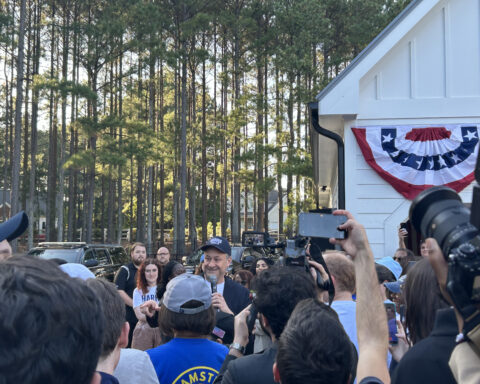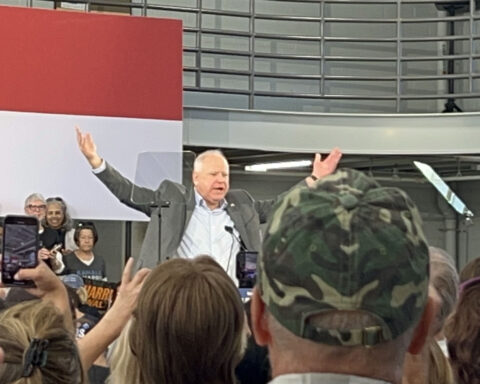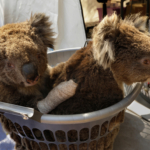The first time Pierre Johnson met a black physician, he was 9 years old.
He accompanied his pregnant mother to see her gynecologist, who happened to be African-American. When Johnson looked at him, he saw a more mature version of himself.
“He was down-to-earth, and he answered all my questions,” he said. “He let me hear the baby’s heartbeat.
“He broke it down on a rudimentary level, and it was fascinating. It grabbed my attention. He walked me through the delivery, and it was just awesome,” Johnson said.
The encounter left an impression.
Not only did Johnson keep in touch with Dr. John E. Patterson III, but also he later interviewed him and wrote about him for a high school class. And today Johnson, 37, is a physician who treats women and delivers babies at hospitals in south suburban Harvey and Flossmoor.
Johnson said meeting that doctor was one of the main reasons he decided to become an obstetrician and gynecologist. He describes the experience in his book “Pulse of Perseverance,” which details his journey from Chatham on the South Side through medical school and into practice.
As a child, he saw drug abuse and domestic violence up close, he writes in the book. He attended troubled public schools and underfunded Catholic schools. When he made it to college at Xavier University in New Orleans, he found his education hadn’t properly prepared him to study at that level.
Still, he formed a bond with other pre-med students and they pushed each other to endure and achieve.
Johnson says his story isn’t meant to be just inspirational but instructional. He gives practical advice so that his readers can learn to navigate obstacles and failures the way he did.
“Multiple problems affect our young black men,” he said. “I had someone — a professional who was supposed to guide me — tell me I wasn’t smart enough to be a doctor and the only thing I was good at was transporting patients.
“I want this book to show these kids exactly how to become a doctor,” he said, his voice rising with passion. “Failure is not an option. If you fail a test and you stumble, it’s not the end of the world. You pick yourself up.”
He was young when he became obsessed with trying to understand how babies were created and born. But seeing Patterson — a man who looked like him and who spoke directly to him and offered guidance — affirmed for Johnson that he could do it too.
As I read Johnson’s story, and spoke with him, what resonated with me most was the far-reaching impact of representation. It is meaningful for young African-American children to see examples of themselves, not just on television, but in their everyday lives.
I was a young student when I met a black journalist at my hometown paper. Meeting her affirmed for me that there was a place in newsrooms where I’d fit. As I pursued writing as a career, I never doubted I could get the job done or felt uncomfortable, because I had so many examples to lean on. The first was Jacquelyn Brown.
Often, I have wondered what career path I would have chosen if I had met an engineer, sculptor or pharmacist before I met Brown.
In the black community, we talk a lot about what it means for our children to see heroes who look like them and that come from neighborhoods and communities similar to theirs.
It’s not just black children who need to see those images. People of other races need to see the examples of excellence too. Decision-makers, policymakers, employers need to have their eyes trained to see talent in diverse communities.
Johnson’s book covers a lot of ground. It tells his own story, but also the stories of his close friends Maxime Madhere and Joseph Semien Jr., whom he met while studying in New Orleans.
But I fixated on Johnson’s experiences, since his story is so much about growing up in the Chicago region.
When I spoke with him, Johnson said he worries that the medical field has fewer African-American men now than it did in years past.
He’s right. According to the Association of American Medical Colleges, in 1978, 1,410 black men applied to U.S. medical schools. But in 2014, that number was 1,337. The decline is true of many professional fields.
Johnson and I both believe adequate representation and active mentoring can change that and create pipelines.
When Dr. Patterson met the young Johnson as a boy, he had no idea he was mentoring, he told me. He also grew up on the South Side. And he went into medicine because he was impressed by a pediatrician — also a black man. So when Patterson met Johnson, he wanted his interaction to have an impact.
“I told him just to believe in himself. There will always be naysayers, but keep on,” Patterson said.
Patterson said he has one final wish for Johnson.
“All I’m interested in is him paying it forward,” he said.
With his book, Johnson is hoping to do just that.
Story by Lolly Bowean
Chicago Tribune (Tribune News Service)

